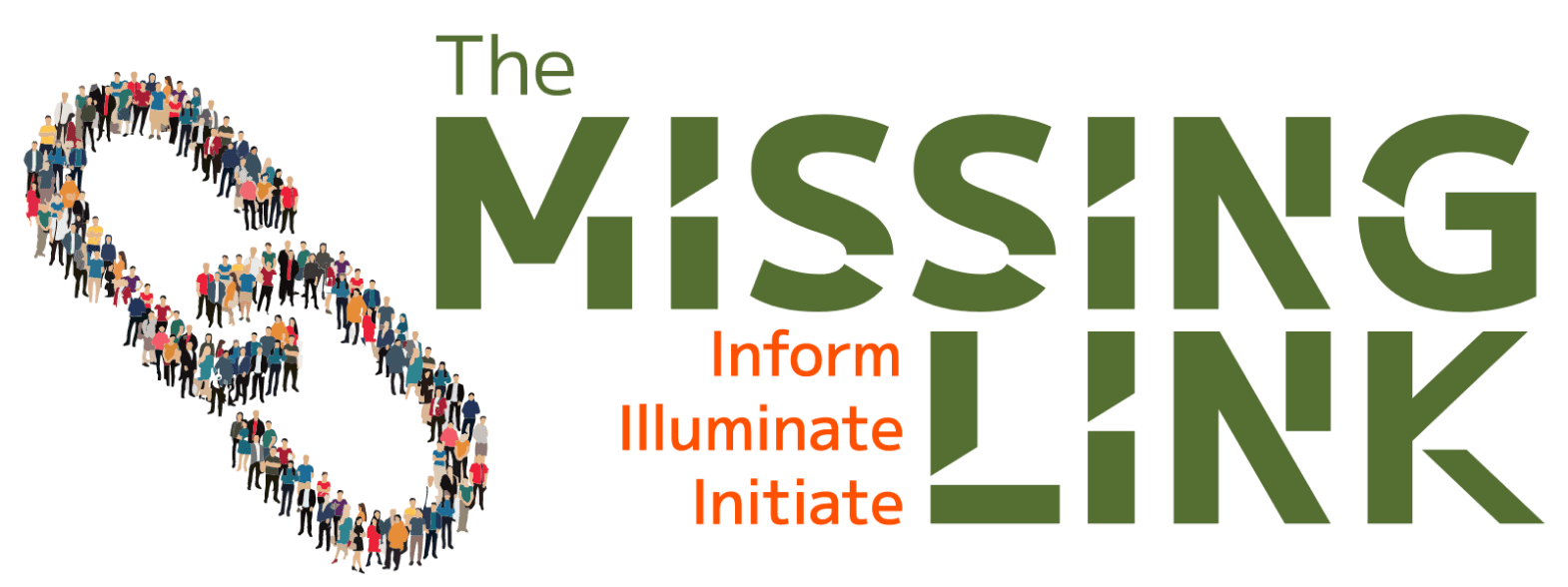Ever wondered what lies beneath the pages we browse on the internet? Just like our vast oceans, the internet has its deep, unexplored areas. This hidden part is called the Dark Web. Think of it as an online underground market. You can’t get there using Google or Bing; you need a special browser, like Tor or I2P.
The Dark Web started with a good idea: giving people a place to chat without being spied on, especially in countries where talking freely can get you in trouble. It was like a secret clubhouse, where people could exchange ideas without anyone listening. This was great for journalists, activists, and those who just wanted a private conversation.
However, like many things with good intentions, there’s a flip side. Imagine that our oceans, while beautiful, also have sharks. The Dark Web, in the same way, became a spot for some shady business. People started selling illegal stuff, from dangerous weapons and drugs to stolen credit card details. It became a place where, if you knew where to look, you could find almost anything, no questions asked.
Now, does this mean the Dark Web is all bad? Well, it’s not that simple. The same ocean that has sharks also has dolphins. Similarly, the Dark Web isn’t just about bad stuff. There are parts of it where people just want to talk, learn, or share without the world watching. But yes, there are also places where things can get pretty dark, pretty fast.
The real question here is: who’s responsible? Is it the Dark Web itself or the people using it? Imagine giving someone a pen. They can either write a beautiful poem or a hurtful note. The pen doesn’t choose; the person does. The Dark Web is like that pen. It’s neutral. Whether it becomes a platform for good or bad depends on who’s using it.
Let’s take an example. In some parts of the world, people can’t talk about their government without fear. For them, the Dark Web can be like a secret diary, where they share their thoughts without getting into trouble. On the other hand, someone might use the same platform to do something illegal, like sell stolen items.
So, if you’re thinking of exploring this mysterious part of the internet, remember that it’s like going into the deep sea. It might be fascinating, but it can also be risky. Just as you’d be careful while diving into unknown waters, be cautious on the Dark Web. Curiosity is natural, but safety comes first!
The story of the Dark Web teaches us something important about technology. Gadgets, apps, or online spaces don’t decide how they’re used; people do. A knife can help us make dinner, or it can harm someone. It’s up to the person holding it. The Dark Web, with all its secrecy, is a tool. How it’s used, whether for good or bad, depends on the person at the keyboard.
So, what should we do? Well, the first step is understanding. Just like you’d teach kids to cross the road safely, we need to educate everyone about the online world. The internet, including the Dark Web, isn’t going anywhere. Instead of fearing it, we should learn about it, know its pros and cons, and use it wisely.
As we step further into the digital age, remember that every tool we have is like a new discovery. How we use it will shape our future. Sir Isaac Newton once said, “What we know is a drop; what we don’t know is an ocean.” True, but let’s ensure we’re prepared, with the right gear and knowledge, before we dive into the unknown.


